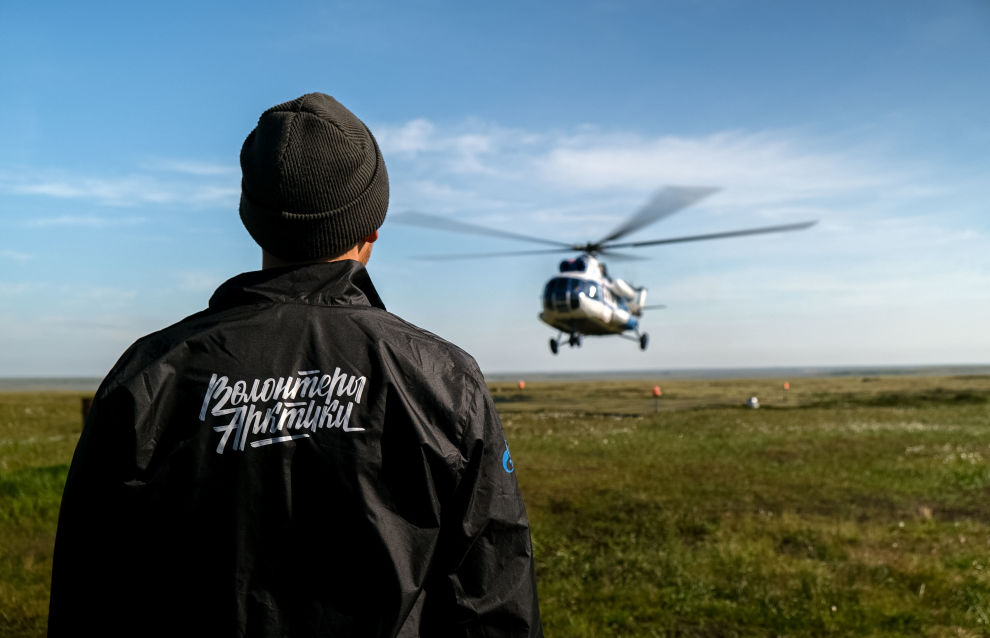Over 200,000 people participate in the Ticket to the Arctic competition
Over 200,000 people have signed up for the Ticket to the Arctic multi-format competition for students. Ten authors of the most up-to-date and interesting development projects will be rewarded with the main prize – a trip to the Kola Peninsula as members of a scientific expedition. More than 400 participants have already contributed their ideas.
Over 110,000 participants have found on the map at least one of the 33 objects personifying the Russian Arctic, including the Chelyuskin steamship, a nuclear-powered icebreaker, the Pasvik nature reserve, the Kola super-deep well, and the Novaya Zemlya archipelago. Each find hides some interesting facts about that particular forbidding location and the people who made a huge contribution to its exploration. Nearly 68,000 participants have found all of the hidden artifacts.
The contest’s next stage being held online testing via an app, with 7,000 participants already putting their knowledge to the test and 4,000 of them passing brilliantly by scoring 9 out of 10 possible points. At the same time, 415 top rankers have submitted their project bids designed to explore and develop the Arctic, thereby taking part in the second stage of the competition.
“Exploring the Arctic is Russia’s strategic priority, given the huge development potential of its Arctic regions. This explains the large number of studies and R&D for the Arctic,” said Yevgenia Aleksandrova, lecturer from the Natural Sciences Department at Murmansk Arctic University, head of the Eco-Arctic student association and expert with the Ticket to the Arctic competition.
To win a trip to the Arctic, applicants have to complete online testing by the Ticket to the Arctic mini-app before August 21, 2023, with no less than 9 correct answers, and fill a project bid sharing their ideas on how to develop and explore the Arctic. Thirty best projects will be analyzed by a jury, and 10 winners, after publicly defending their proposals, will leave on a scientific expedition to the Kola Peninsula.
